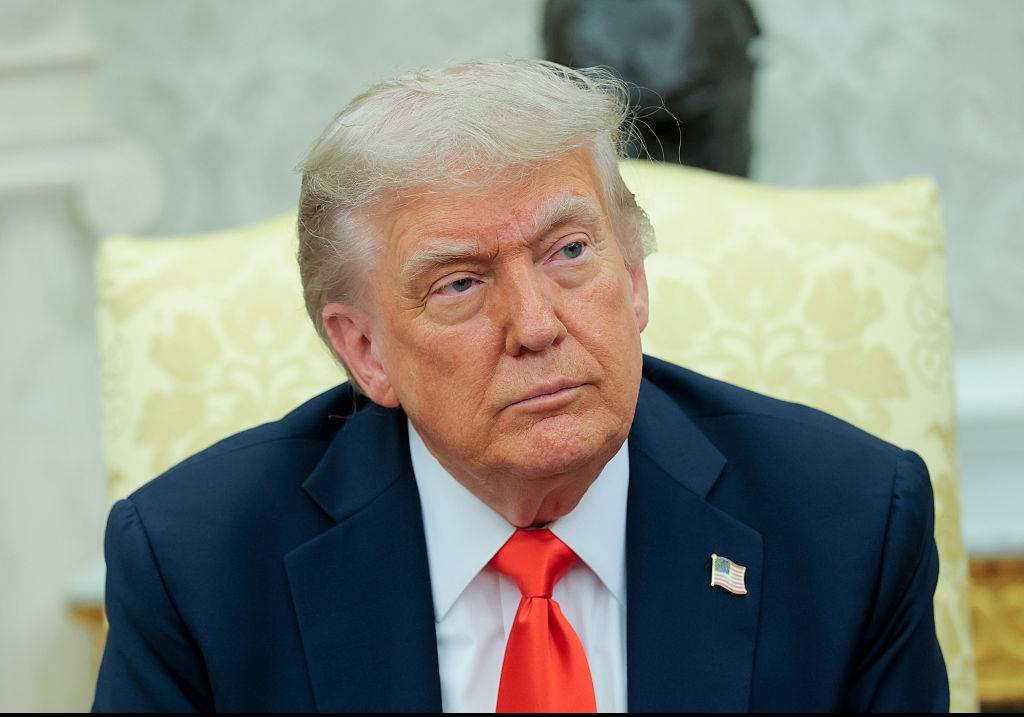
Donald Trump’s travel ban officially went into effect on June 9. Credit: Anna Moneymaker / Getty

Donald Trump’s travel ban officially went into effect on June 9. Credit: Anna Moneymaker / Getty
Donald Trump may add 36 more countries to the U.S. travel ban list.
In trump vision this move would block their citizens from entering the United States.
Since returning to the Oval Office, President Donald Trump has revived a highly polarizing policy.
This month, he issued an order banning entry to the U.S. for citizens of 12 countries:
Afghanistan, Burma (Myanmar), Chad, Republic of the Congo, Equatorial Guinea, Eritrea, Haiti, Iran, Libya, Somalia, Sudan, and Yemen.
He also imposed stricter visa rules on seven more nations:
Burundi, Cuba, Laos, Sierra Leone, Togo, Turkmenistan, and Venezuela.
Trump cited terrorism and national security risks.
“We cannot have open migration from countries we can’t safely vet,” he said.
“We won’t let people in who wish to harm us.”
An additional 36 countries may face a U.S. travel ban unless they meet strict security standards within 60 days.
These countries include:
Angola, Antigua and Barbuda, Benin, Bhutan, Burkina Faso, Cabo Verde, Cambodia, Cameroon, Democratic Republic of Congo, Djibouti, Dominica, Ethiopia, Egypt, Gabon, Gambia, Ghana, Ivory Coast, Kyrgyzstan, Liberia, Malawi, Mauritania, Niger, Nigeria, Saint Kitts and Nevis, Saint Lucia, Sao Tome and Principe, Senegal, South Sudan, Syria, Tanzania, Tonga, Tuvalu, Uganda, Vanuatu, Zambia, and Zimbabwe.
Current visas remain valid.
However, new applications from these countries will be denied unless applicants qualify for narrow exceptions.
Afghan nationals with Special Immigrant Visas, U.S. permanent residents, and dual nationals from non-banned countries can still travel.
Athletes and officials in major sporting events like the 2026 FIFA World Cup and 2028 LA Olympics are exempt.
This includes players, coaches, support staff, and immediate families.
Fans from banned countries, however, won’t be allowed.
Nicole Hoevertsz, IOC vice president, confirmed that event participants will be granted entry.
Critics say the expanded travel ban unfairly targets non-white, non-Western countries.
“This isn’t about security—it’s about division,” said Oxfam America president Abby Maxman.
She accused the policy of vilifying communities seeking safety in the U.S.
Political analyst Mikhail Nyamweya warned it could entrench a view of Africans as global outsiders.
Trump’s 2017 travel ban sparked major protests.
That ban, targeting seven Muslim-majority nations, was partially upheld in 2018 but later repealed by President Biden in 2021.
Biden called it “a stain on our national conscience.”
Trump defends the new move.
He said it protects the U.S. from terrorists, extremist ideologies, and immigration abuse.
His administration says banned countries can still earn removal if they meet vetting standards.
For now, the message is clear: comply, or stay cut off.